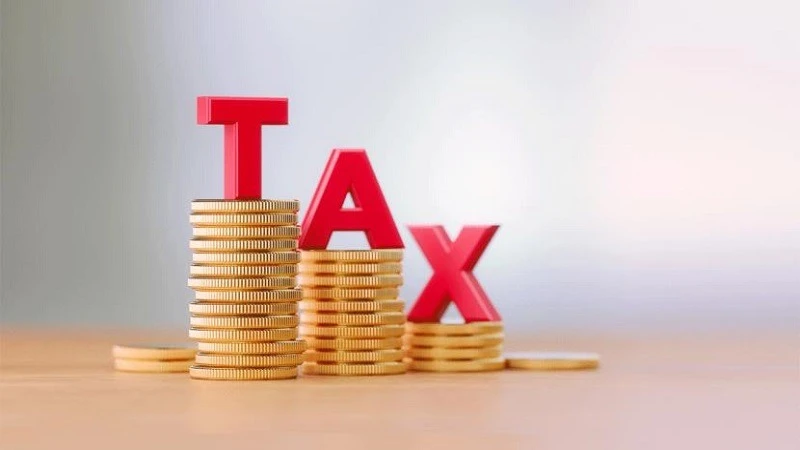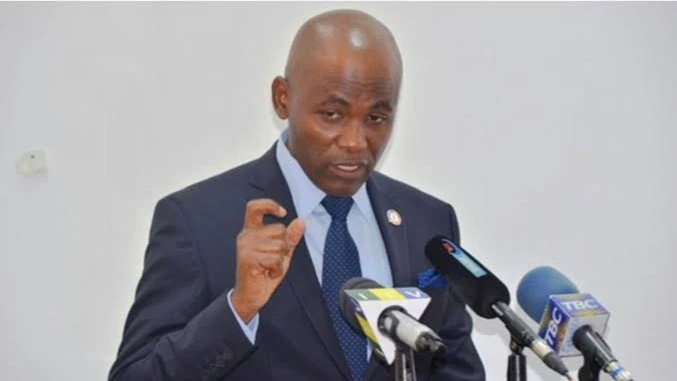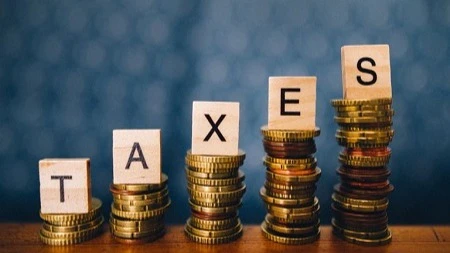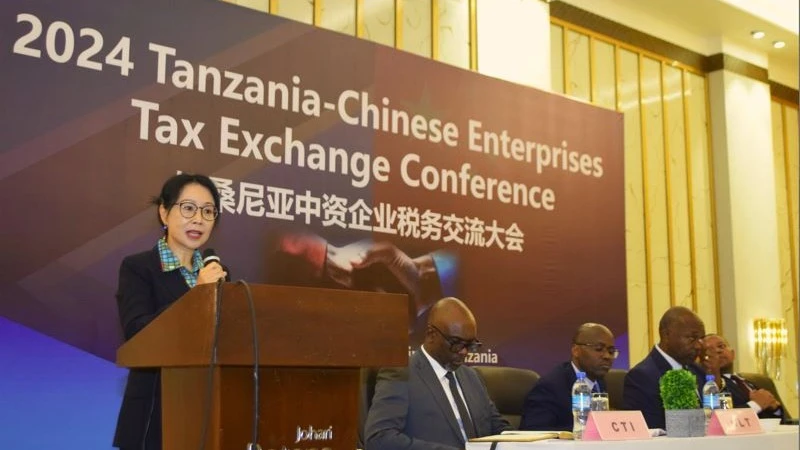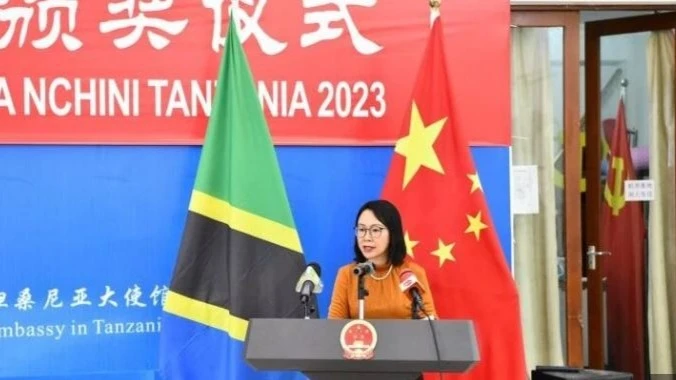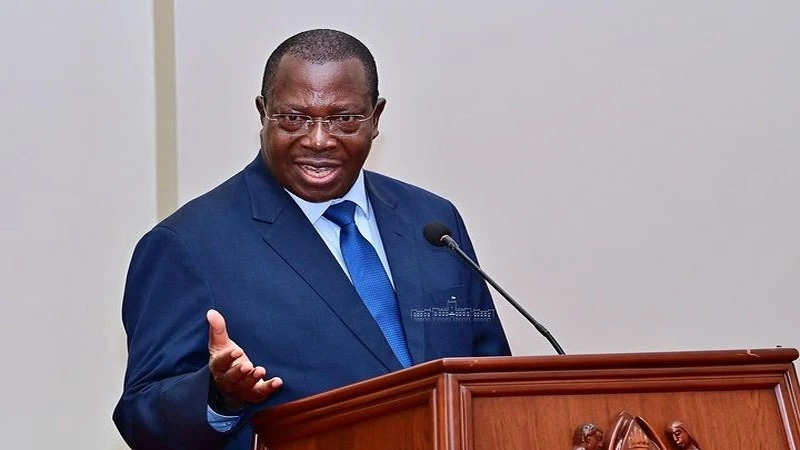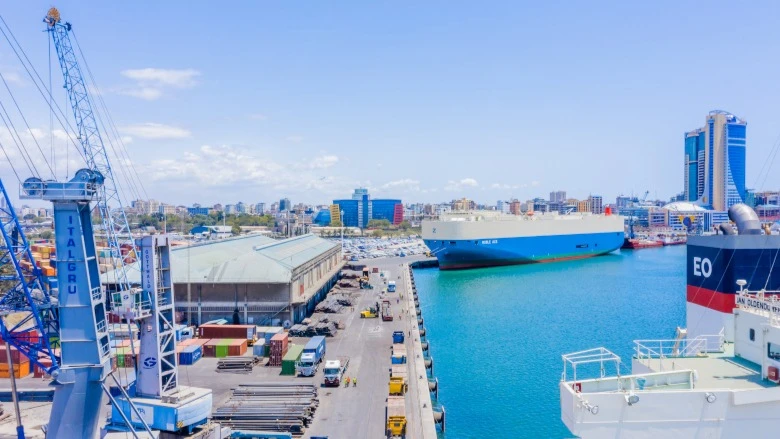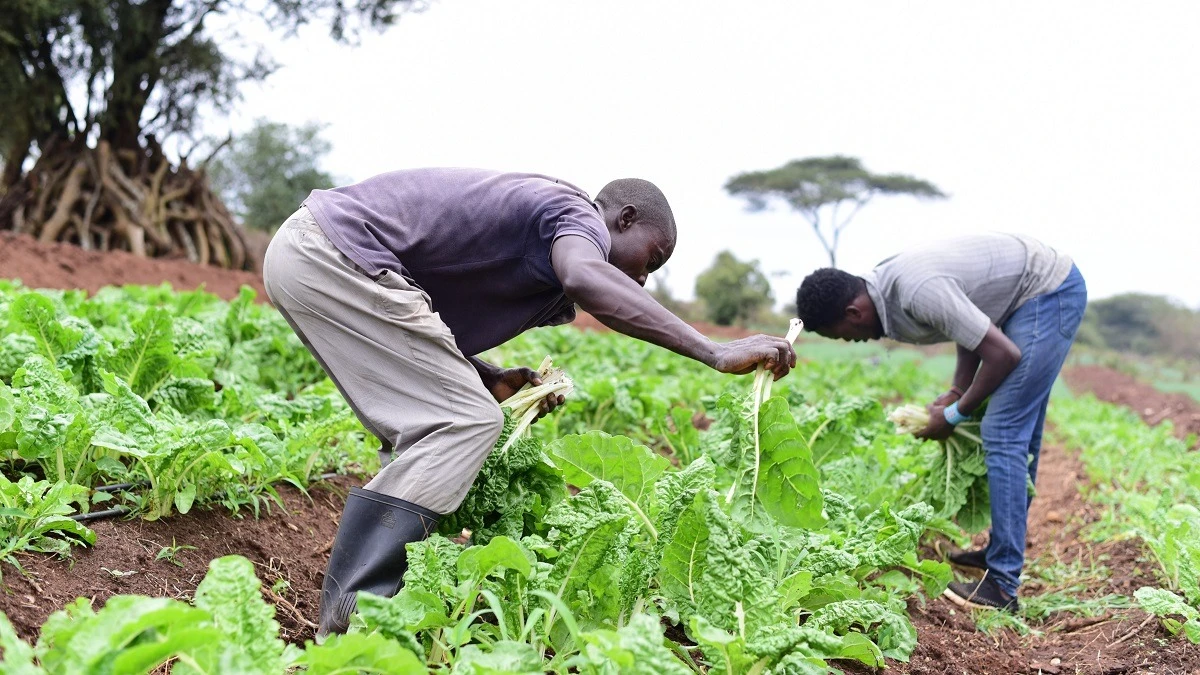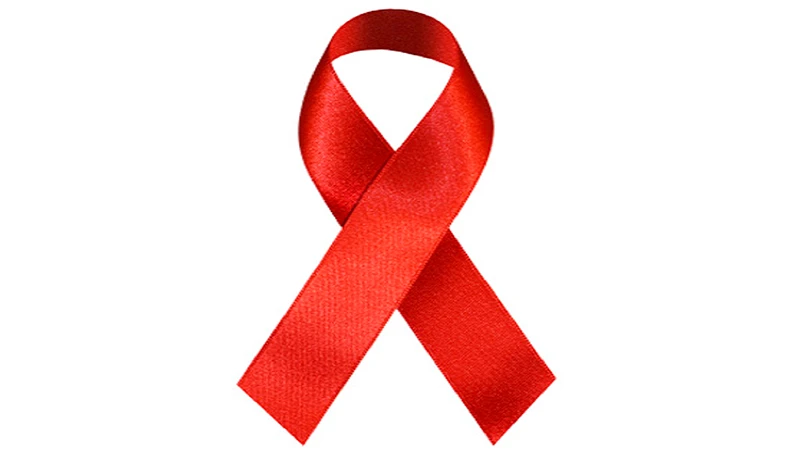Sugar prices drop ought not to be just a Holy Month gift

THERE has been understandable relief among the public in parts of the country where retail sugar prices have eased from nearly twice the amount prevailing only as recently as a week ago.
Yet, as some people reached for comment have said, flooding the market with the sweetened is seen to be tightly linked with the fasting month of Ramadhan.
This opens up issues as to when the political system will be able to adopt a position of the right to basic needs at the lowest available prices. It is a sore thumb issue, as price is a tool used at will.
So far, there is a verified price change to the bottom in most parts of Dar es Salaam city. However, it is unclear how far that extends to the regions and right into villages.
Indeed, this was a week-long survey which shows that the selling of sugar at indicative price by regulatory agencies is there to stay.
It is unclear, though, whether it will durably go beyond the fasting month. The reference to the relief being felt particularly during Ramadhan was a little invasive and looks much like a gift.
The surprising aspect is that it was the unloading of 100,000 tonnes of sugar from overseas last month that is now making the difference.
This belies the fact that sugar shortages due to massive rains and the flooding of sugar plantations in various places was visible back in October.
Yet, permits to bring in sufficient amounts of sugar from outside waited four months to be provided – and this underlies the socioeconomic parameters of the issue.
A shortage of sugar is associated with regulations to protect sugar industries from competition, itself a rather unprincipled position.
Street interviews picked up remarks from shop goers suggesting that the public wishes to see the regulatory authorities monitoring observance of indicative price.
This is because there are some traders who have been selling sugar well above the government’s indicative price.
In other words, these indicative prices were supposed to be observed all along but were being flouted by some traders, and this says a lot about what the public knows about the issues.
This isn’t in terms of available information as all basic data are there but they are digested in ways that reflect political biases and convictions, with the regulators running no risks in barring imports and blaming traders.
One consumer reached for comment was elated at the reduction in the price of sugar in the neighbourhood, emphasizing that traders should reduce the price because sugar is a basic necessity in iftar.
One could hardly have put it better, as the fact that there is plenty of cheap sugar for the asking in the market and that there is a publicly admitted plan to stop imports and squeeze billions from consumers is not in the mental frame of the citizenry. It isn’t a matter of information but, rather, of culture.
Some buyers were of the view that buying sugar at indicative prices arose from the fact that the government had removed value added tax and other levies to relieve people of unbearable prices, unaware that all it did was to issue permits – and belatedly, for that matter.
In other words, even if sugar prices reverted to where a kilo sells well beyond 3,000/- everywhere it would not be astonishing.
It would either be that the fasting is over and so prices return to normal, or perhaps the taxes have been imposed, or finally it is traders that are cheating!
Top Headlines
© 2024 IPPMEDIA.COM. ALL RIGHTS RESERVED






